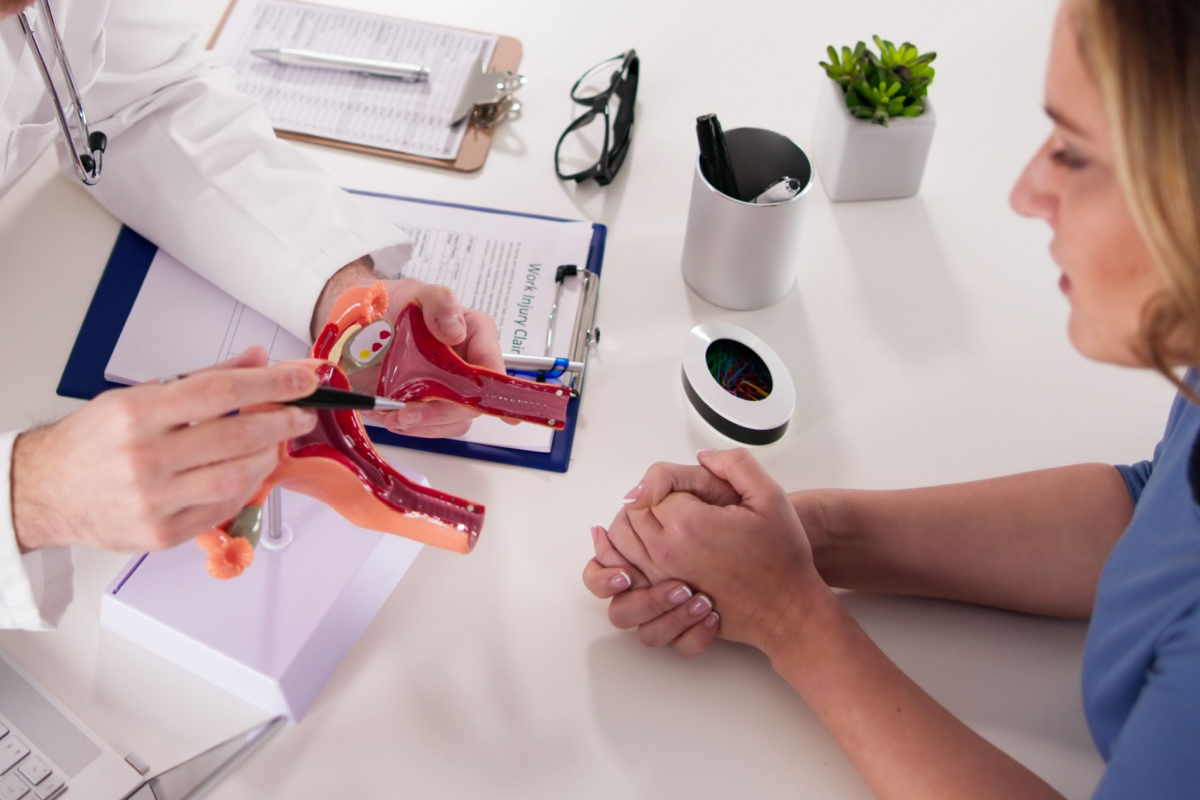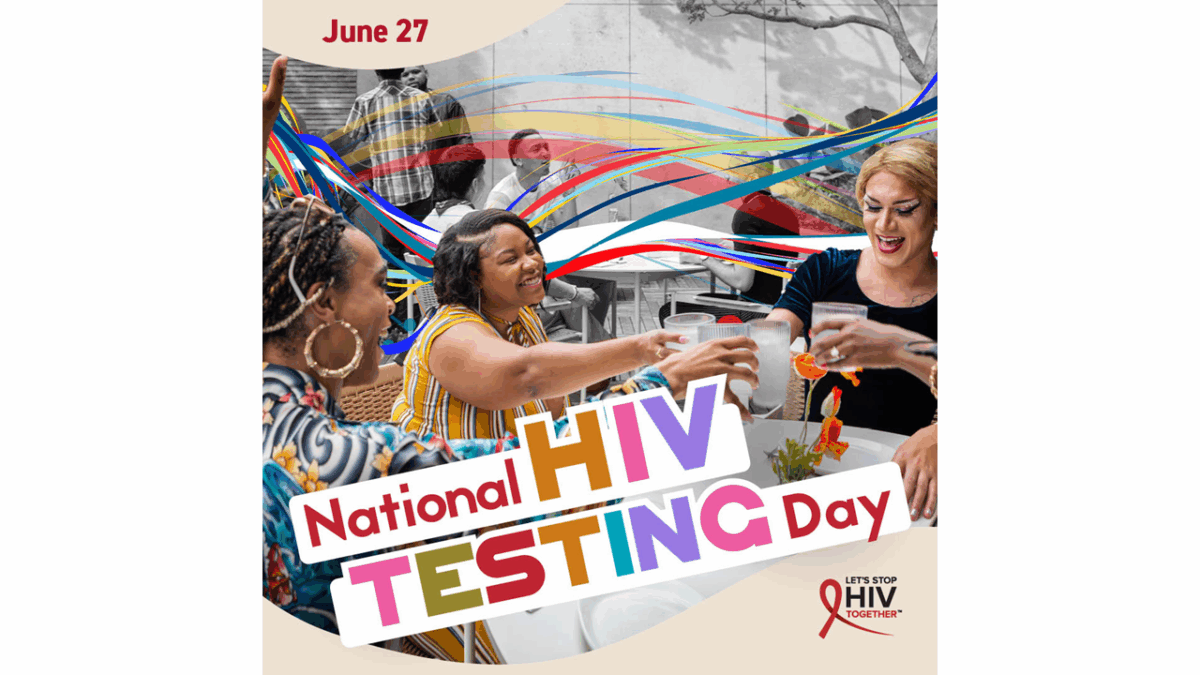Patty Spears, the Chair of the Patient Advocate Committee at the Alliance for Clinical Trials in Oncology, shared insights about research advocacy for oncology trials, decentralized trials from the patient perspective and more.
Patient advocates have made a big impact in the fight against cancer.
One of them is Patty Spears, who is the recipient of the 2022 American Society for Clinical Oncology (ASCO) Patient Advocate Award.
Patty Spears works as a Scientific Research Manager and Patient Advocate in the University of North Carolina (UNC) at Chapel Hill, Office of Clinical Translational Research and Community Outreach and Engagement. Patty Spears is also the Chair of the Patient Advocate Committee at the Alliance for Clinical Trials in Oncology.
Xtalks spoke with Patty Spears to learn more about the research advocacy done at the Alliance for Clinical Trials in Oncology and to gain insights about the patient perspective on decentralized clinical trials (DCTs) in oncology. Read on to learn more!
How does the Alliance for Clinical Trials in Oncology help with research advocacy for clinical trials?
Spears: With the Alliance, patient advocates are involved all along the continuum of the clinical trial, from the clinical investigator’s idea before the trial begins, to the public summary that is written when the trial has concluded and is published.
When a clinical trial is proposed, patient advocates sit on committees with clinical professionals and can comment on the idea of the trial. The committee then approves the trial idea, and it is written as a trial concept, which is about 10 to 15 pages. A patient advocate reviews that document and can make comments or pointers before it goes back to the study chair.
The trial concept is sent to the National Cancer Institute (NCI) Committees for approval. Once it is approved the clinical trial protocol is developed. A patient advocate is part of the protocol development team and reviews the document as it is being written, which is usually over 100 pages. There is a lot that the patient advocate can comment and contribute to, such as the eligibility criteria, patient-reported outcome measures, trial design elements like randomization and the readability of the consent form. There are also opportunities to write up patient educational materials.
Once the trial is open, patient advocates and the rest of the committee can comment on accrual or any amendments that may be needed.
Another role for patient advocates is to review patient facing communications. For example, if a trial closes for some reason, a physician letter and a patient letter is sent out and advocates can help with the readability and editing of the patient letter.
Once a trial is completed and it gets published, patient advocates work with the study team and others to write a public summary. The Alliance for Clinical Trials in Oncology has over 60 public study result summaries on their website.
What does your work as Chair of the Patient Advocate Committee at the Alliance for Clinical Trials in Oncology involve?
As Chair, I am included in the executive committees and the board. We have advocates in all the critical areas of the Alliance, and with virtual meeting options now, we are brining in more advocates.
My role is to ensure the Alliance advocates know what is occurring in the Alliance and that they are educated on the different topics of discussion that happen here. For example, we recently had a doctor from the NCI speak about diversity, equity and inclusion (DEI) initiatives and the social determinants of health. We also had experts from different cancer types speak about eligibility criteria and ethics committees come and talk to us.
A big part of my role is to make sure the advocates make connections and feel like they are making a meaningful contribution to the Alliance.
What are your experiences with decentralized clinical trials (DCTs) from the patient perspective?
During COVID-19, many things were instituted that were more decentralized and more patient centric. Many trials now are set up trial centric and it’s about finding patients for the trial instead of the trial being patient centric. I think decentralizing trials increases access and can improve patient centricity. It is important to provide the participants with options, such as the option to get lab work done locally, and I think DCTs can allow for that.
I think travel is a hinderance and burden to many patients, particularly those weakened from cancer. Since there has been a shift from IV anticancer therapy (chemotherapies and other drugs) to oral anticancer therapies, I think many participants are hoping that pills can be shipped directly to patient’s houses. This would really save the patient a lot of time and trouble, especially for those who live hours away from the clinic.
In addition, many people who are diagnosed with cancer want to be monitored and would prefer if blood work, urinalysis and other lab work can be done locally. Imaging work and scans are a bit more complicated and specialized scans may not always be offered locally.
Another thing that is important to patients is the option to do telemedicine. Some patients will appreciate this option, especially if they live far away, while others may not choose it due to the digital divide and other factors such as the availability of Internet and digital devices. So, the ability to provide options to the patient is important.
What are some benefits from the patient perspective of incorporating DCT approaches and virtual practices in oncology clinical trials?
A big benefit is that it lessens the burden on patients as it can be more convenient. Also, DCT approaches can help with DEI in clinical trials. In addition, patient access can be improved with DCTs as remote and rural patients can have more support to participate. DCTs can bring the trial to the poorest populations who may not have the means to pay for travel before reimbursement can be done, or who live in remote areas where clinical trial access has not been offered enough.
In addition, it is important to have options for patients, for instance some patients might want to fill out their questionnaires online versus paper in the office, and DCT approaches can provide more options.
What are some challenges that patients are voicing with DCTs/virtual practices for oncology clinical trials?
I think a challenge for DCTs is the digital divide and the fact that not everyone has Internet access and not everyone owns a smartphone, laptop or tablet. Therefore, the clinical trials that rely on that really must supply it.
A challenge for decentralizing oncology clinical trials is that an oncology trial can have many specific requirements, and so not every institution can serve as a clinical site for the trial. Another aspect to consider is the seriousness of the disease and how rapidly it can spread, as some patients may be more willing and choose to come to sites in-person due to their rapidly changing condition.
Many people think that the solution to clinical trial access is to empower patients. However, the system should also work for unempowered patients, rural patients, patients who live in socioeconomically disadvantaged areas and others. The burden to achieve this should be on the institution and the studies, not on the patient. Clinical trial access should be provided to everyone equally and not rely on the patients that are empowered to get what they need.












Join or login to leave a comment
JOIN LOGIN